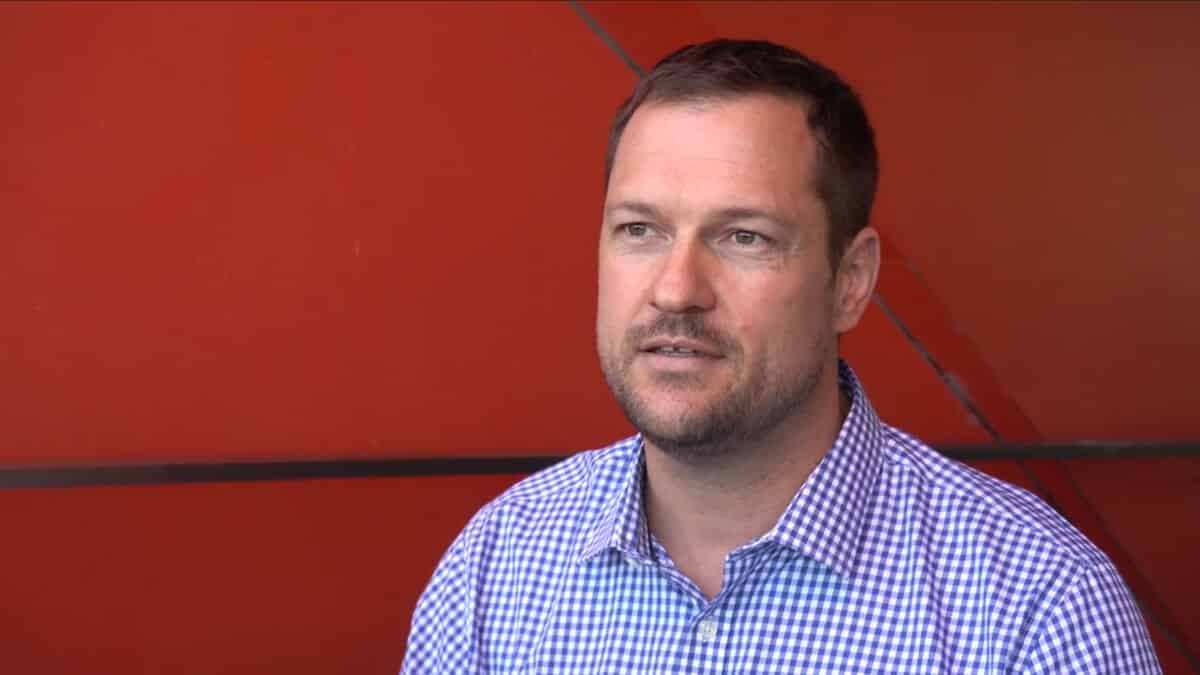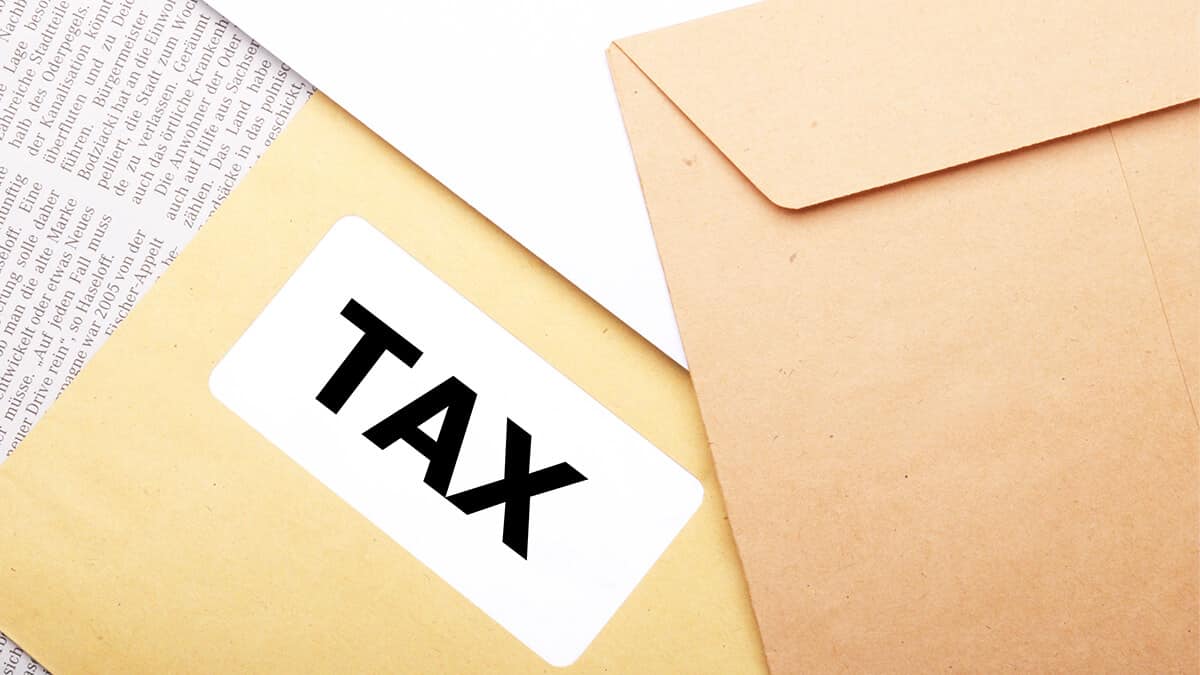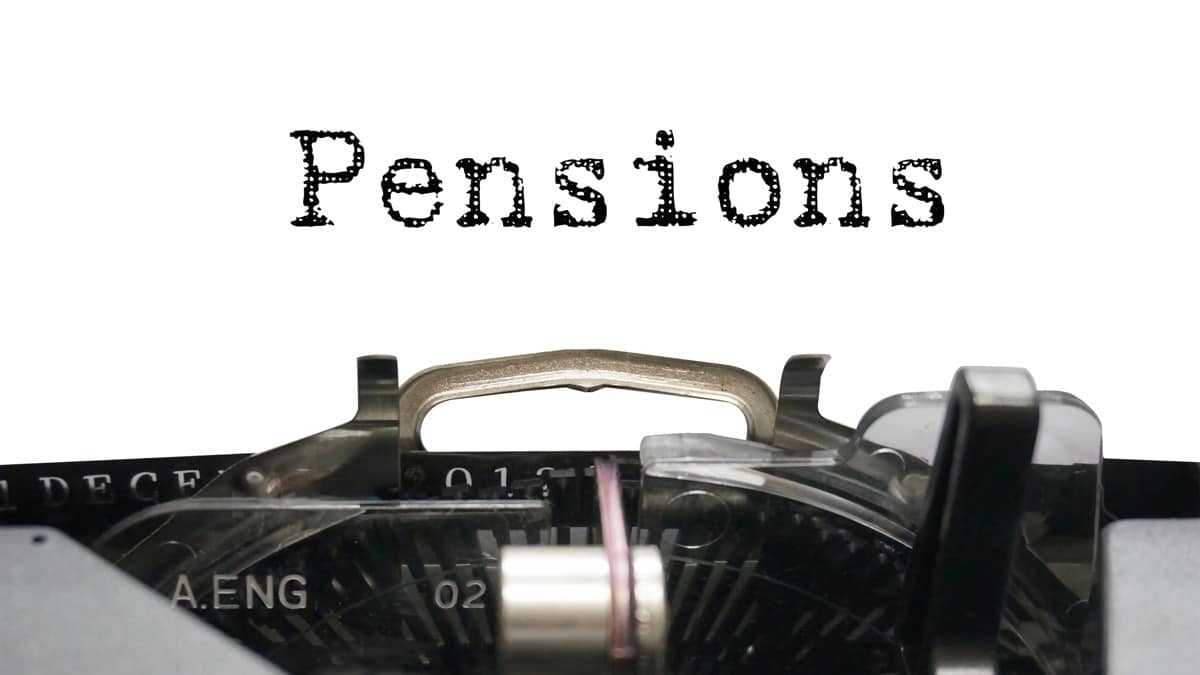On this page
- 1. Not being aware of your entitlements to pensions and benefits
- 2. Not updating your Will, or having inadequate estate planning
- 3. Not preparing your SMSF to pay an account-based pension
- 4. Not reviewing your investment strategy
- 5. Not managing your superannuation balance or understanding the transfer balance cap
Some people have been waiting their whole lives for retirement, but for others it may not be something they’re looking forward to. Not everybody wants to finish working, and there is always the question of how difficult it may be to fill a day when the initial novelty of doing what you want, when you want, wears off.
There is also the concern that your money may run out.
As the stress and worry build up, it’s easy to make mistakes. Here we take a look at five of the most common ones and how to avoid them.
1. Not being aware of your entitlements to pensions and benefits
Self-managed superannuation trustees are very used to doing everything themselves and some may not be aware that, even with a reasonable-sized super balance, they could still qualify for a small Age Pension payment and access to discounted services.
Even if receiving a very small Age Pension amount per fortnight, a Pensioner Concession Card will get you cheaper vehicle registration, rebates on electricity and gas, and cheaper rate payments.
People who are ineligible for the Age Pension could still meet eligibility criteria for the Commonwealth Seniors Health Care Card, which means they can access cheaper prescribed medicine and other medical benefits.
Like most things with Centrelink, applying for these benefits may not be an easy task so it’s important not to put it in the too-hard basket when it becomes difficult, as the end result will make a difference to your comfort in retirement.
2. Not updating your Will, or having inadequate estate planning
Another thing that should be a priority as you approach retirement is making sure your Will and estate planning are in order. As well as making sure the documents are up to date, you need to let family or friends know where they are being kept.
Many people may have a Will but may not be aware of the role of binding death benefit nominations and how they need to update the trust deeds and governing rules of their SMSFs to allow for binding death benefit nominations to be made.
It is not enough to state in a Will how you wish your super to be distributed once you die. For that, you also need valid binding death benefit nominations (BDBN), otherwise it will be up to the remaining SMSF trustees to decide where the money goes.
The court cases of people who did not have a BDBN in SuperGuide article Have you got an exit plan? The importance of estate planning make for salutary reading.
3. Not preparing your SMSF to pay an account-based pension
Although you may have decided that you want to start paying yourself an account-based pension from your SMSF when you retire, this requires preparation in the lead up to retirement.
For a start, you need to make sure the trust deed allows an account-based pension and update it if it doesn’t. You then need to value the assets starting the pension. Then there is a significant amount of paperwork to be completed and supplied to the trustee, including notification in writing that you want to start an account-based pension.
Exempt current pension income also needs to be calculated, which becomes more complex the more members there are in the SMSF in different stages. An actuarial certificate may be required.
4. Not reviewing your investment strategy
Somebody retiring today could live another 20 years or more, which means they will need their super to last for at least that long. However, many people adopt a conservative approach to investment once they retire – shifting away from growth assets like shares into defensive assets like fixed income and cash. This is because they are concerned they are no longer earning a wage and so won’t be able to rebuild their savings after a big market fall.
It’s reasonable to be more conservative in your asset allocation than you were prior to retirement but there still needs to be a good allocation to growth assets post retirement so your savings last the distance.
Many people go into retirement hoping they will be able to live off the income generated by their retirement funds in order to leave an inheritance for dependants. However, few people have enough assets to be able to live off the income alone. In fact, the government’s Retirement Income Covenant, which started 1 July 2022, actively encourages retirees to draw down their super so they don’t end up living more frugally than necessary.
Although the Retirement Income Covenant does not apply directly to SMSFs, it is still important for retirees to consider their long-term retirement needs as part of their investment strategy, especially as they approach retirement.
5. Not managing your superannuation balance or understanding the transfer balance cap
If your super balance is over $1.9 million, or is getting close to that amount, you need to be very aware of the transfer balance cap and your transfer balance account and how you are going to manage that account.
The transfer balance cap, introduced on 1 July 2017, is a limit on the amount that can be used to commence a pension in retirement phase. For more details see SuperGuide article Transfer balance cap for super pensions: How it works. The cap was designed to be indexed to inflation has increased from $1.6 million at its introduction to $1.9 million in 2023–24.
Any penalty earnings on your pension balance in excess of the cap will be taxed at 15% for the first breach and 30% for the second and consecutive breaches.
Pre-retirement you need to be aware that once you do retire and commence a pension, a transfer balance account will be created by the ATO in your name. You can see the balance of this account, and your individual transfer balance cap, via your myGov account. Any time you stop or start a pension in any super fund it must be reported to the ATO.
There are also certain other events that may impact this balance that need to be reported to the ATO.




















Extremely insightful article.
Concise in its points and a great help for individuals and couples attempting to understand
Australias’ highly complex retirement and savings system.
My particular interest is in how can the system cope with couples requiring assistance due to a partner being unable to work through mental illness anf chronic heart problems .
Sincerly